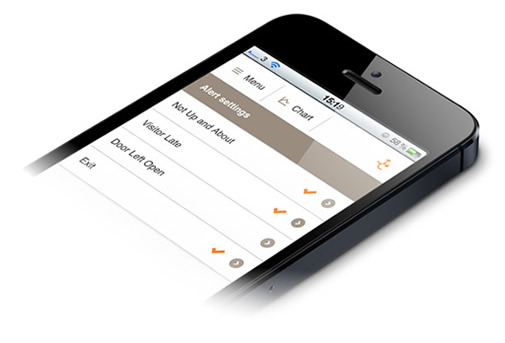Recognising that families are increasingly using Just Checking for the on-going daily support of a relative with dementia in their own home, the new version has functions specifically designed to meet the needs of the family and carers.
Just Checking uses motion sensors and the mobile phone network to provide real time data, displayed as a chart of activity on a secure website, on the movement of a person in their home. This means people with dementia can live independently for longer in their home. To date the Just Checking system has been used for the assessment and care of people with dementia by more than 75% of UK local authorities, as well as by NHS trusts and major care providers.
Families can use Just Checking to structure the right care packages, be certain carers are visiting when expected and that their loved one is coping alone at home. Users can set up the system to suit their loved one’s routine with alerts for circumstances that might need a closer look, such as a person not following their normal routine, but not for emergencies.
“Text or email alerts are a good way of drawing attention to something that might need attention but is not a time critical emergency,” explained director of Just Checking, Celia Price. “We know that any response to an alert relies on the relative being able to pick up the text and so Just Checking does exactly that; it ‘just checks’ that all is well and let’s someone know if they need to take a closer look. It is not an alarm system.”
The alerts include:
- Exit property: if an exterior door is used and no activity is detected in the property.
- Not up and about: if there is no sign of life by a specified time in the morning.
- Visitor late: with carers expected at certain times an alert can be sent if the front door is not opened as expected.
- Door left open: if a door is left open for longer than a specified time. This will send an alert if the door has not been shut securely.
This new version of Just Checking, designed specifically for consumers, presents a new opportunity to telecare providers, offering a response service for relatives living in other parts of the country or who have work and other commitments.




